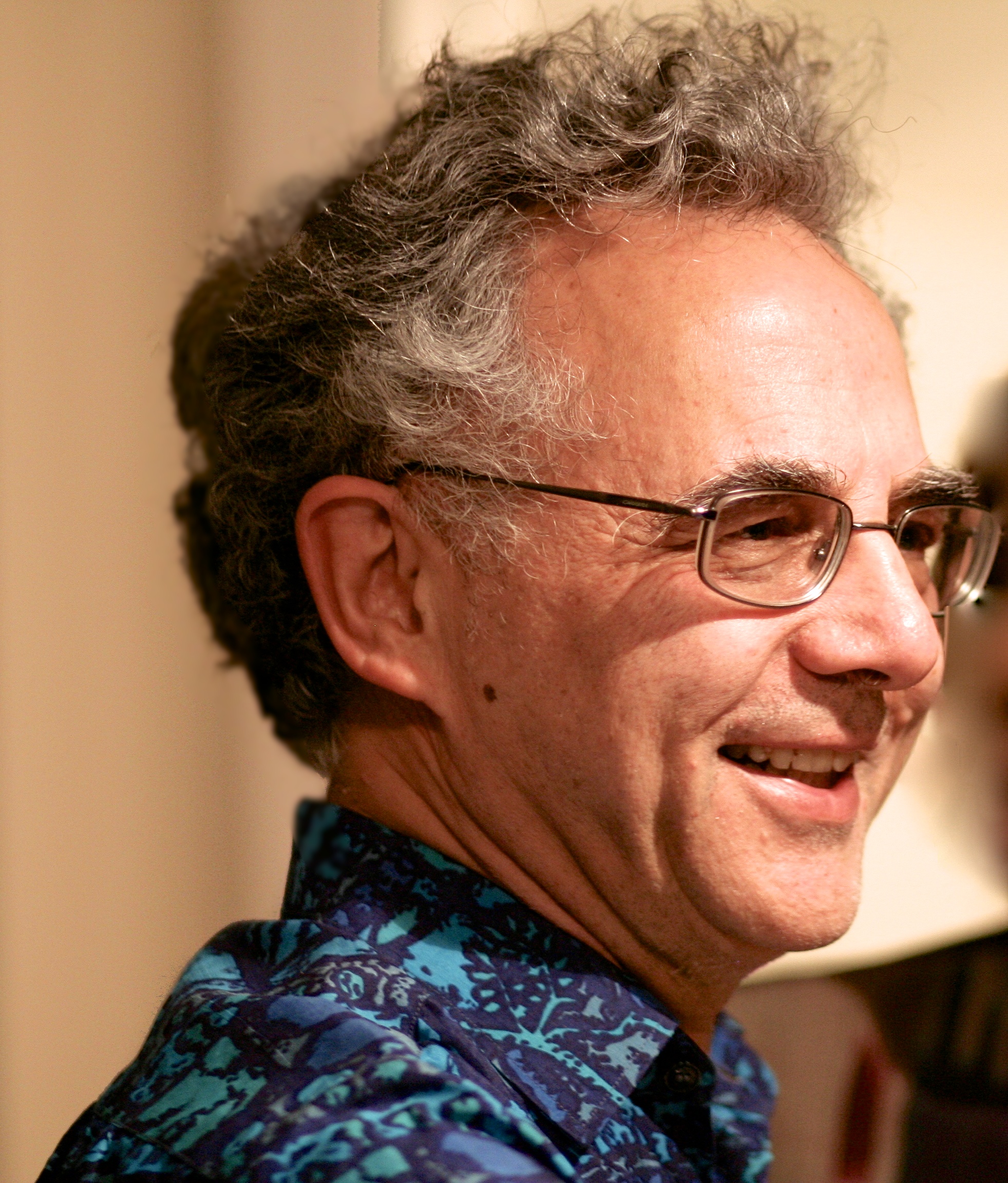John Sinclair is a Canada-based economist and development practitioner who has worked for the World Bank and CIDA. He is a member of the McLeod Group and a Distinguished Associate of the North-South Institute.
This website is a place to find many, but not all, of his writings on development issues, both global and Canada-centric. He welcomes comments by email (jsinclair43@gmail.com) but does not promise to always reply. His goal is to be frank but constructive and realistic in his writings. The ultimate goal is to make an inevitably modest contribution to a better world, a more inclusive, pro-poor perspective on international development.
Some Background: John Sinclair, born in the UK, has lived in Canada since 1974. After studying economics at Cambridge University, he has followed a career as an international development practitioner, mainly working for CIDA and the World Bank. For both these institutions he was involved in strategic policy issues as well as leading country programs. With the World Bank, he was active in shifting its agenda to a pro-poor focus, as well as working on effectiveness issues, including the Bank’s major decentralisation process.
He has been a Senior Fellow at the University of Ottawa’s School of International Development and Global Studies. He is a Distinguished Associate of the North-South Institute, Canada’s principal development think-tank. He has worked in recent years as a consultant with the World Bank, ADB, IFAD, UNICEF and the Ford Foundation. As a member of the McLeod Group, he is now a thinker/policy advocate on development issues, a role reinforced by writing in journals and newspapers.
His geographic focus has been Africa and Asia. He has lived and worked as a development professional in Sri Lanka, Egypt, Fiji and most recently Indonesia. Major countries of involvement include India, China, Bangladesh, Nepal and Ghana. His current thematic interests are global development architecture, G7/20, Global Partnership, development/aid effectiveness, post-Busan agendas, evaluation, country and donor performance, results, fragile states, emerging Economies/BRICS, governance/corruption, institutional effectiveness, roles of CSOs/NGOs, inclusiveness and decentralisation.
